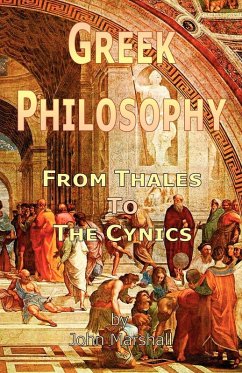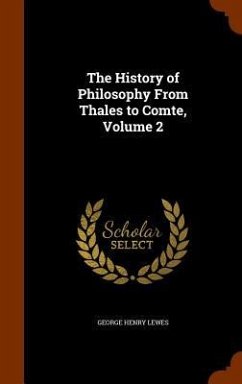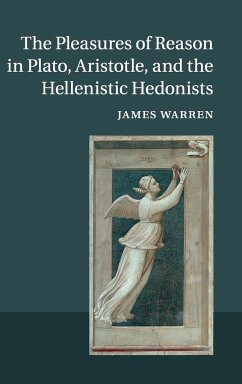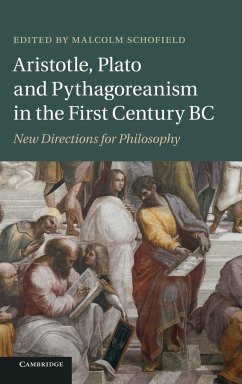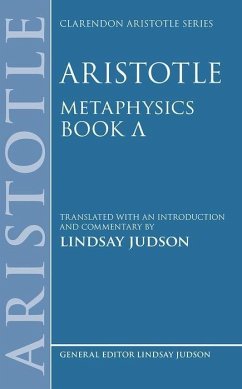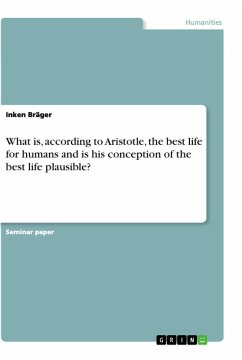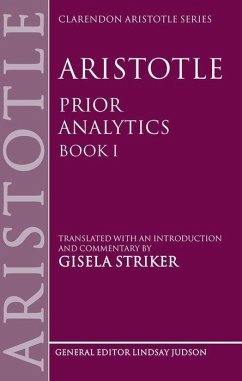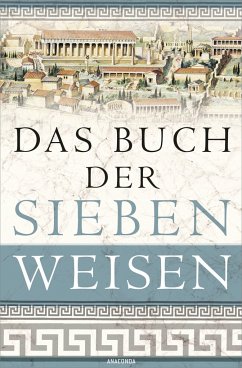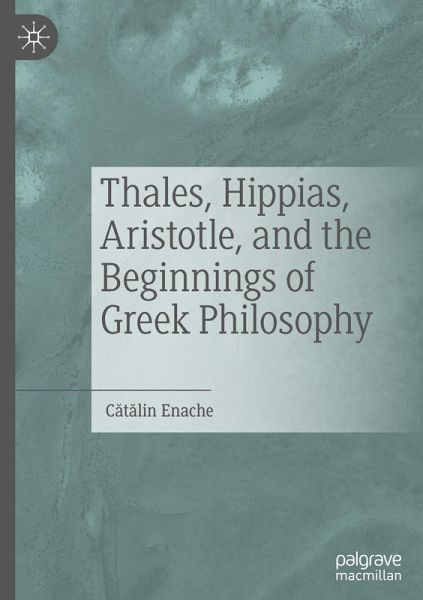
Thales, Hippias, Aristotle, and the Beginnings of Greek Philosophy

PAYBACK Punkte
48 °P sammeln!
This book challenges the current consensus about Aristotle s sources in his account of Thales and the origin of philosophy (Metaphysics A, 983b20 984a3). The current view is that Aristotle found his information about Thales philosophy in an important book by the sophist Hippias. There is a widespread consensus among scholars that Hippias, in this lost treatise, dealt not only with Thales but with many other Presocratic philosophers, thus significantly contributing to the preservation of Presocratic ideas.This book investigates the alleged connection between Hippias and Aristotle s account of T...
This book challenges the current consensus about Aristotle s sources in his account of Thales and the origin of philosophy (Metaphysics A, 983b20 984a3). The current view is that Aristotle found his information about Thales philosophy in an important book by the sophist Hippias. There is a widespread consensus among scholars that Hippias, in this lost treatise, dealt not only with Thales but with many other Presocratic philosophers, thus significantly contributing to the preservation of Presocratic ideas.
This book investigates the alleged connection between Hippias and Aristotle s account of Thales. It contends that we have no reason to posit any such connection because there is no evidence whatsoever that Aristotle, who never mentions Hippias in his extant work, used any book by the sophist.
Thales, Hippias, Aristotle, and the Beginnings of Greek Philosophy is essential reading for all scholars of classical antiquity interested in the beginnings of Greek philosophy.
This book investigates the alleged connection between Hippias and Aristotle s account of Thales. It contends that we have no reason to posit any such connection because there is no evidence whatsoever that Aristotle, who never mentions Hippias in his extant work, used any book by the sophist.
Thales, Hippias, Aristotle, and the Beginnings of Greek Philosophy is essential reading for all scholars of classical antiquity interested in the beginnings of Greek philosophy.



